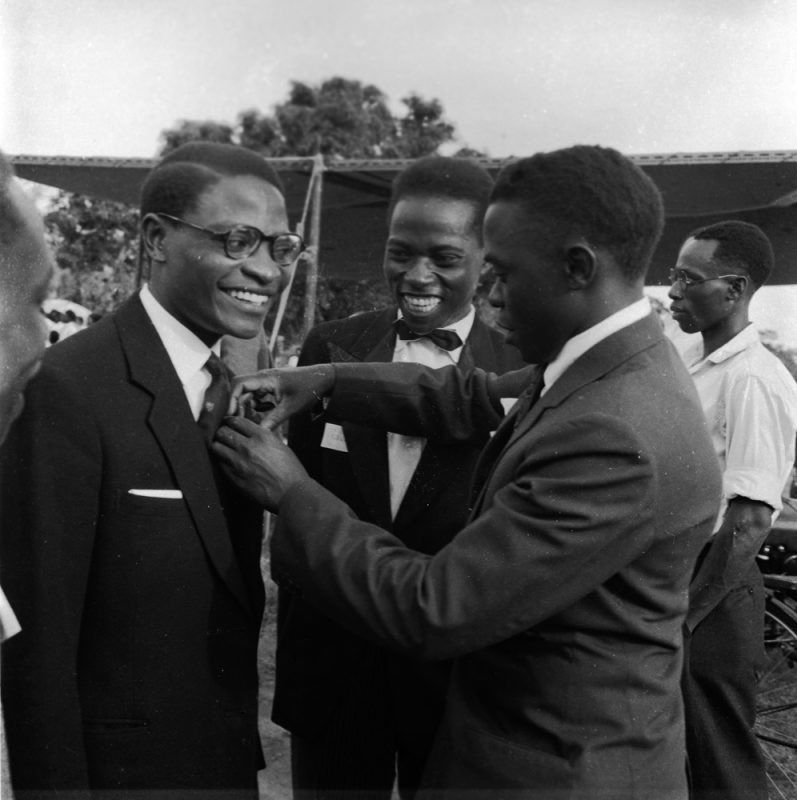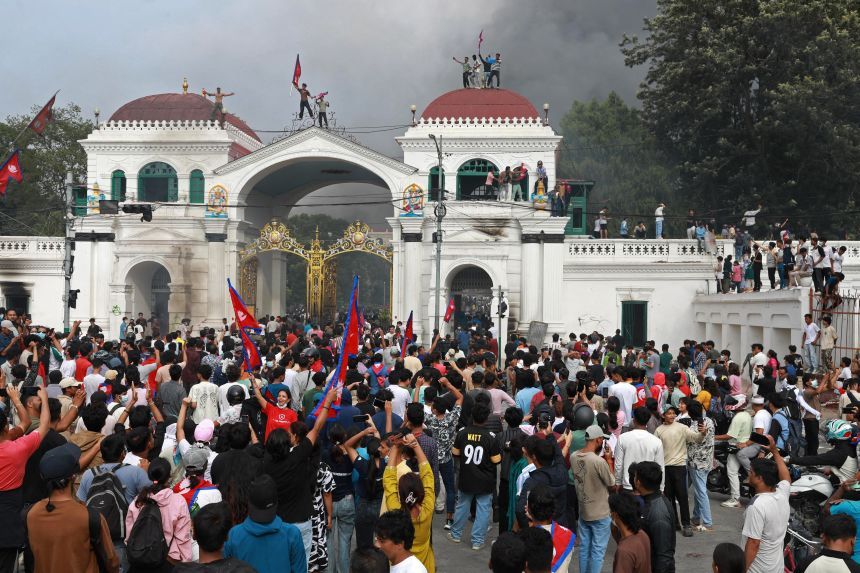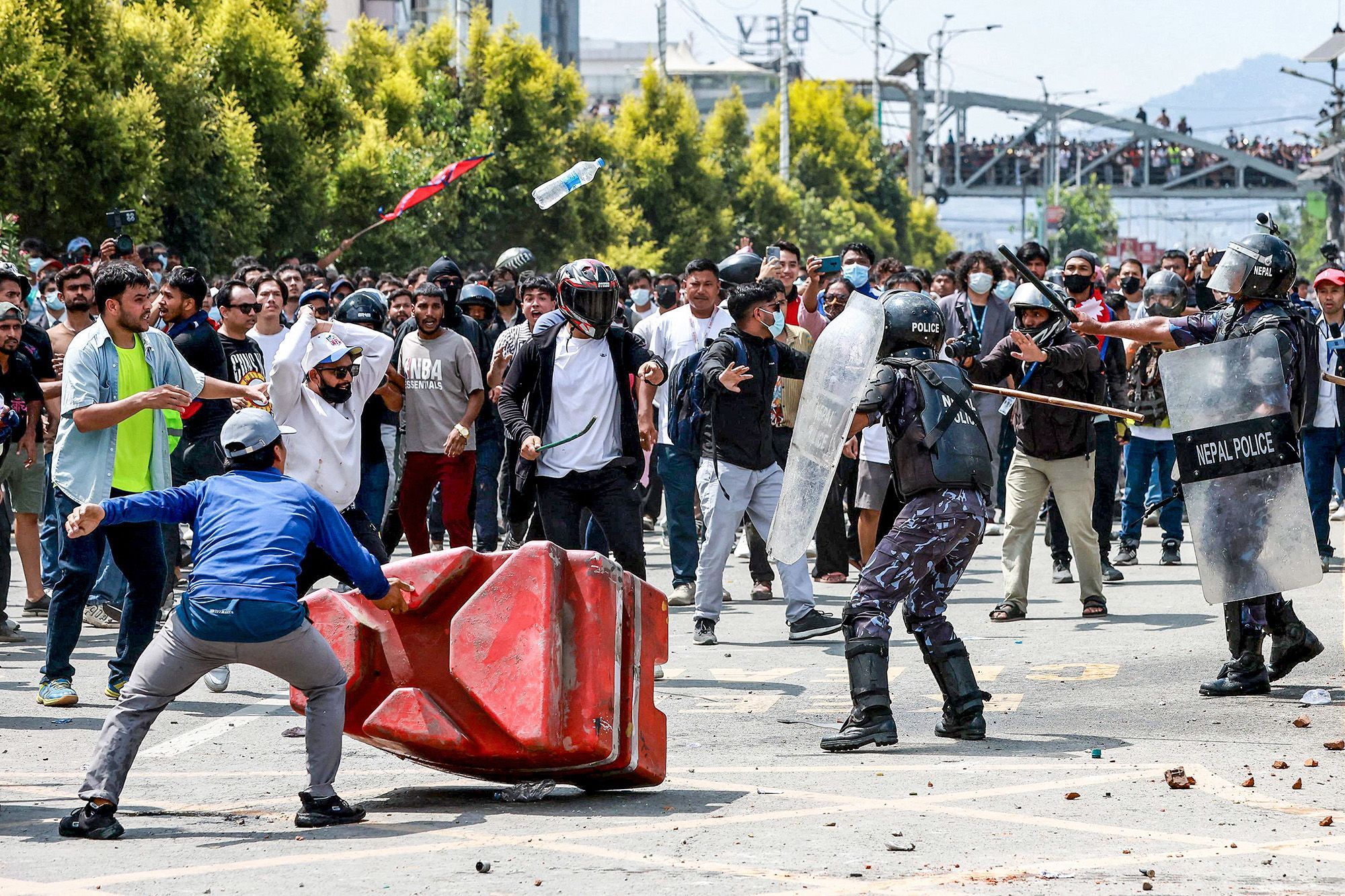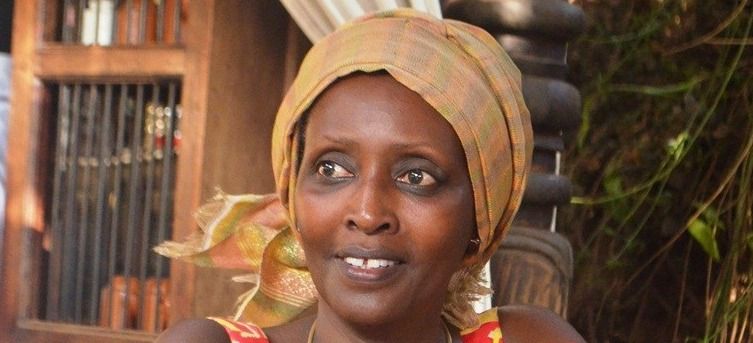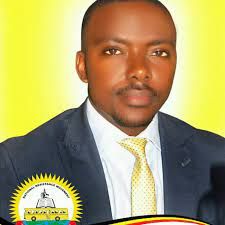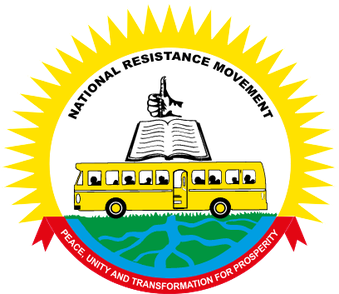Abu Mayanja, Pioneer of Uganda’s Independence and National Unity
The nation pauses annually to honor the memory of one of Uganda’s most revered freedom fighters and nationalist leaders, Abubakar Kakyama Mayanja who passed away on November 4, 2005, at Mulago Hospital after a brief illness. His legacy endures through his pivotal role in Uganda’s struggle for independence and his unwavering dedication to the unity and cultural restoration of the Buganda Kingdom.
Born in 1929 in the Mamba clan of Buganda, Abu Mayanja was a visionary leader whose contributions spanned decades. As a founding member of Uganda’s first political party, the Uganda National Congress (UNC) established on March 2, 1952 at Kabaka’s Lake in Mengo, he played a critical role in rallying Ugandans around the cause of nationalism and independence. Serving as the party’s first Secretary General, Mayanja worked alongside prominent leaders such as Ignatius Kangave Musaazi, and collaborated with African freedom fighters across the continent.
Mayanja’s international efforts included forging alliances with key African leaders like Egypt’s late President Gamel Abdel Nasser and Ghana’s Kwame Nkrumah as well as establishing relationships with Chinese leaders Mao Tse-tung and Zhou Enlai. These efforts secured financial and material support for Uganda’s independence movement, including funds from China and a modern printing press from Italy. His diplomatic engagements extended to contacts with Kenya’s Joseph Murumbi and other African liberation movements based in Nairobi.
Throughout his career, Abu Mayanja was an advocate for constitutionalism and the restoration of Uganda’s cultural institutions. His influence was decisive in the re-establishment of the Buganda Kingdom in 1993 after years of suppression. He also played a key role in advising the transitional government during Uganda’s turbulent path to democracy.
A proud Muganda, Mayanja’s early education marked him as an exceptional learner. He attended Ngogwe Primary School where he was the top student in Uganda before securing scholarships to King’s College Budo and Makerere University. His political activism was ignited during his student years notably witnessing pivotal uprisings such as the 1945 “Number 8” demonstration and the 1949 “Bataka” uprising demanding cotton ginneries.
His life was characterized by a deep commitment to his country and continent. From his collaborations with pan-African leaders to his efforts in restoring Uganda’s kingdoms, Abu Mayanja’s legacy remains a testament to the power of dedicated leadership and unwavering patriotism.
Today, Ugandans remember Abu Mayanja not only as a patriot but as a symbol of the enduring struggle for freedom and unity in Africa. His contributions continue to inspire generations seeking progress and sovereignty for their nations.
